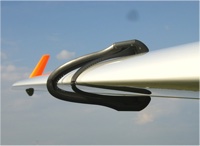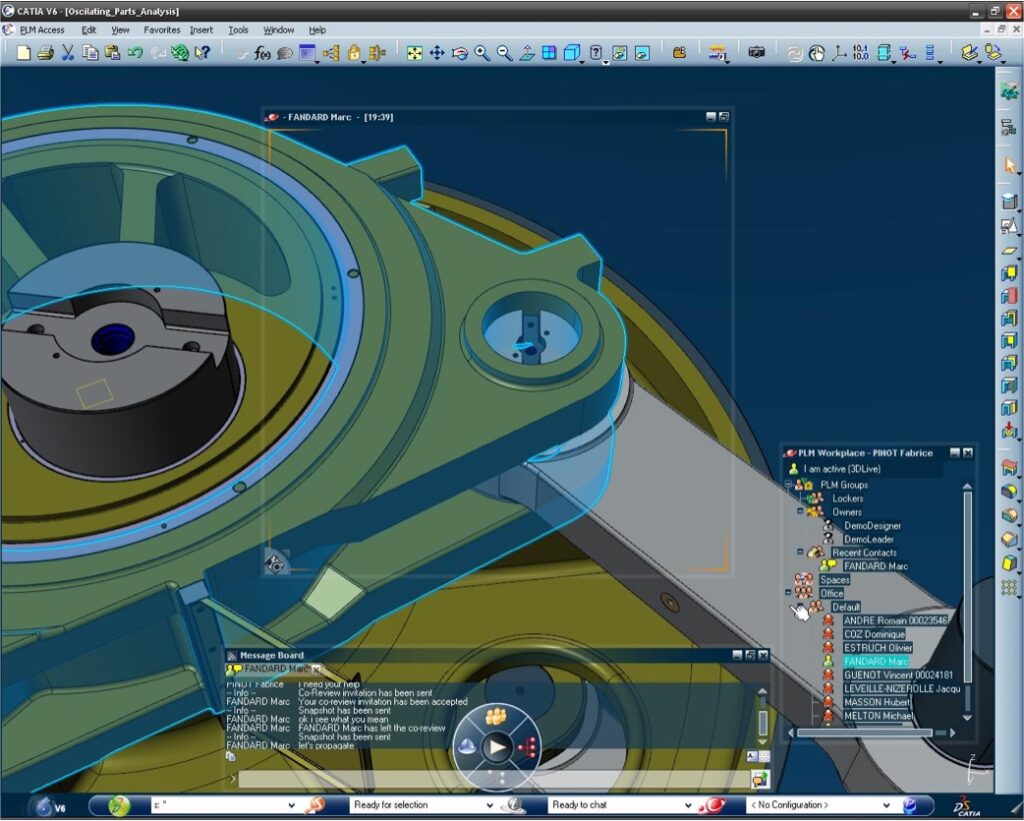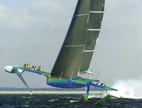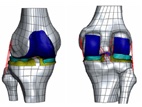Mechanical Engineering Specializations
Registering a specialization
Please complete your study plan on the Master’s course selection form, according to the validation guidelines below (total and core credits).
- Each specialization is assigned a letter:
- A- Fluid Mechanics: Prof. Tobias SCHNEIDER
- B- Automatics and Systems: Dr. Christophe SALZMANN
- C- Design and Production: Prof. Jürg SCHIFFMANN
- D- Thermal Sciences: Prof. Giulia TAGLIABUE
- E- Mechanics of Solids and Structures: Prof. Pedro REIS
- F- Biomechanics: Prof. Selman SAKAR
- In the 2nd tab of the Master’s study plan, please refer to the column corresponding to the letter of your specialization; letters in bold correspond to core courses.
- To validate a specialization, you must validate:
- a total of 30 credits attributed to the chosen specialization
- including a certain number of core courses (see below).
- Once you have completed the study plan, please have it signed by the teacher in charge (see below),
- and return it in PDF format to the section.
Registration deadline:
End of the 1st Master semester (December 20, 2024).
Registration in IS-Academia:
- Please register your specialization in IS-Academia before the end of the registration deadline.
- If you also have a minor, please register your minor and contact the section:
- The Mechanical Engineering section is one of the only sections that allows you to do both, but IS-Academia does not allow you to register for both. However, this is allowed, and we’ll be happy to register your specialization for you.
Please refer to the section regulations for further details.
The ME specializations
Fluid mechanics (A)
Referring Professor: Prof. Tobias Schneider
The area of fluid flows is traditionally one of the cornerstones of Mechanical Engineering and is of central importance to numerous industrial sectors. While flows of air and water are a major focus of this orientation, non-Newtonian fluids, multiphase flows, fluid-structure interaction and other advanced subjects are also addressed.

Insight into flow behavior, obtained by theoretical, experimental and computational approaches, provide an increased understanding of mechanical processes and provide a means for their improvement and optimization. The analysis of flows in such areas as energy, bioengineering and transport are of particular interest in this context.
Validation: 12 core credits / 30 total credits
Automatic and systems (B)
Referring teacher: Dr. Christophe SALZMANN
Automatic control covers all kinds of scientific and technical disciplines that use the principle of feedback to enhance the features of dynamic systems. The basic problem is to understand and analyze the behavior of open- and closed-loop systems in order to design adequate controllers to ensure the system stability and performance in the presence of disturbances and model uncertainties.

Mechatronic systems are a combination of mechanical, electromechanical, electronic and computer systems. Their design requires a good background in the theory of mechanical, electromechanical, electronic, computer and automatic systems as well as a good knowledge of modeling techniques, sensors, actuators and signal processing. The central aspect of mechatronics is the overview and the careful integration of its various components into a coherent and optimized system in technical and practical terms (safety, ergonomics, production costs, environmental compatibility, etc.).
Validation: 9 core credits / 30 total credits
Design and Production (C)
Referring Professor: Prof. Jürg SCHIFFMANN
The core aspect of engineering creation lies in design and production (DnP). One of the key roles of a mechanical engineer is to take a product from an idea to the marketplace. Through the courses in DnP, we will investigate the methods to optimize selected parameters of functionality, aesthetics, liability, and cost via analyzing the design and production processes.

The courses in DnP focus on the scientific and practical approach to addressing the design process that include creating the models, setting up experiments, analyzing, evaluating hypothesis and results. In the context of production and manufacturing, the relative classes will introduce the physics, limitations, and optimization of bringing actual issues involved with design solutions.
Validation: 17 core credits / 30 total credits
Thermal sciences (D)
Referring Professor: Prof. Giulia TAGLIABUE
Efficient use and conversion of energy is one of the major concerns of the 21st century.

Paving the way towards a more efficient society is one of the most exciting challenge for mechanical engineers in different domains : buildings, industry, transportation, electricity production. In the energy orientation, mechanical engineers will be trained to deal with energy systems, adopting a holistic vision, analyzing the efficient end-use of energy and developing efficient energy conversion technologies with a focus on the practical integration of renewable energy sources in the society.
Validation: 12 core credits / 30 total credits
Mechanics of Solids and Structures (E)
Referring Professor: Prof. Pedro REIS
Solid and structural mechanics is part of mechanics that deals with the behavior of solid objects, usually deformable, which cannot be reduced to a material point. The basic problem here is to understand, model and analyze the behavior of deformable solids and their assemblies (structures) in order to predict their operating/working limits and optimize their performance.

In particular, solid mechanics is applied in professional fields related to transport (cars, public transport, ships), aerospace (aircrafts, launch vehicles, satellites), energy production (turbines, power plants, wind), sports technology, biomedical applications (implants, devices), material technology (composite materials), design methods and tools (machines, processes, machining).
Validation: 8 core credits / 30 total credits
Biomechanics (F)
Referring Professor: Prof. Selman SAKAR
The formal definition of biomechanics is: “the study of the physiology of human beings, according to the laws of the mechanics”.

Biomechanics involves both applied problems such as the design of orthopedic or vascular implants and fundamental studies such as the investigation of the correlation between mechanical stimulations and biological responses. Therefore biomechanics is a multi-disciplinary subjects based on both theoretical mechanics (solid, fluid, transport) and on biology, anatomy and physiology.
Validation: 8 core credits / 30 total credits
